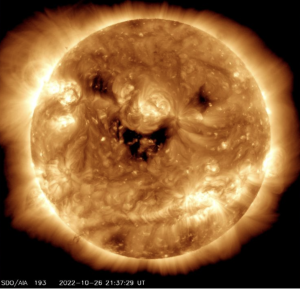grasping the after wind
That's grasping after the wind
- Jan 18, 2010
- 19,458
- 6,354
- Faith
- Lutheran
- Marital Status
- Married
- Politics
- US-Others
Why would you think that? Science, like any other form of inquiry, needs to begin with certain subjectively arrived at assumptions about the nature of reality. Once we accept those assumptions, we can engage in in scientific inquiry and feel confident in the conclusions we arrive at by using the scientific method. The process only becomes somewhat objective once we subjectively accept the assumptions that we base the process on.Science tests objectively testable assumptions.
Upvote
0

